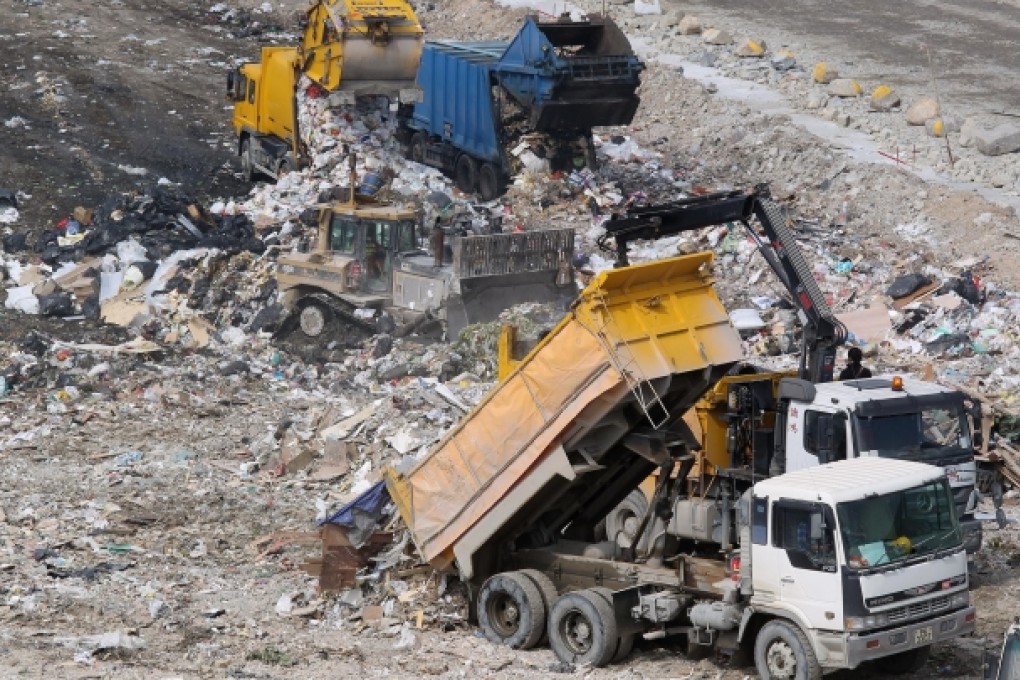Letters to the Editor, June 24, 2013
Hilton Cheong-Leen describes how he was so inspired by Henry Kissinger's seminar 45 years ago ("Universal franchise in HK can strengthen Sino-US relationship", June 20).

Hilton Cheong-Leen describes how he was so inspired by Henry Kissinger's seminar 45 years ago ("Universal franchise in HK can strengthen Sino-US relationship", June 20).
He goes on to say that his dreams have been fulfilled by seeing the two leaders of China and US to "meet on equal terms and make the world a more livable and happier place for all mankind".
At this time when the US is getting a worse media bashing than the Democratic People's Republic of Korea and the most prominent personality on the world stage - Edward Snowden - had to secretly leave the US in fear of his life, why is so much of Mr Cheong-Leen's letter based on his obvious admiration of Kissinger, whilst silent on the benefit to China and the world, of Mr Snowden's revelations of the US's Illegal, if not criminal, communications hacking?
Mr Cheong-Leen hopes he will be around to see the Hong Kong government "elected by universal franchise".
Well, if and when that day comes to pass and if his political idol Kissinger is still around, he shall be unable to accept Mr Cheong-Leen's invitation to attend the celebrations in Hong Kong due to Kissinger's part in the carpet bombing of Laos and Cambodia during the Vietnam war.
One more reason for Kissinger never to visit Hong Kong is that he would be subject to arrest - citizens' or otherwise - as the bombing was a crime against humanity.